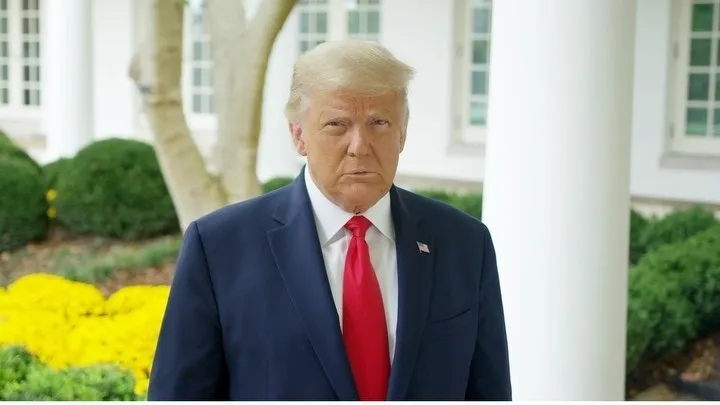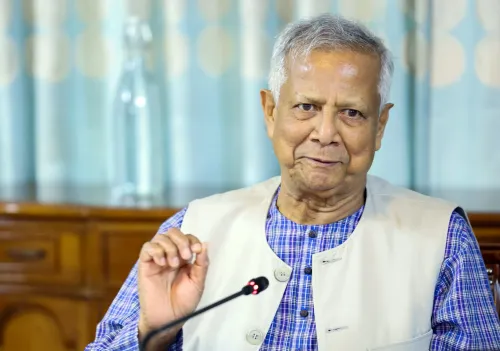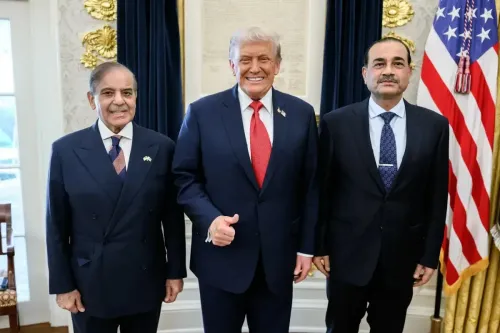Did a US Federal Judge Declare Trump's Troop Deployment to Los Angeles Illegal?

Synopsis
Key Takeaways
- Federal judge ruled troop deployment illegal.
- Posse Comitatus Act prohibits military law enforcement.
- Ruling reinforces checks on presidential power.
- California Governor supports the ruling.
- Department of Justice plans to appeal.
Los Angeles, Sept 3 (NationPress) A federal judge in the United States has determined that the Trump administration breached a law from the 19th century when it dispatched National Guard troops and Marines to Los Angeles earlier in June to suppress protests linked to federal immigration actions.
Judge Charles Breyer, a senior official in the US District Court for the Northern District of California, stated in his ruling that the Trump administration contravened the Posse Comitatus Act, which prohibits the military's involvement in domestic law enforcement without Congressional approval, as reported by Xinhua news agency.
The ruling prevents the Trump administration from “deploying, ordering, instructing, training, or using the National Guard currently stationed in California, along with any military personnel previously deployed in California, to enforce the laws.”
“While there were protests in Los Angeles and some individuals resorted to violence, there was no insurrection, nor was civilian law enforcement incapable of addressing the protests and upholding the law,” the ruling stated.
Almost three months following the National Guard's deployment to Los Angeles, approximately 300 National Guard members remain in the area. US President Donald Trump and Secretary of Defense Pete Hegseth have expressed intentions to mobilize the troops for federal service in other cities across the nation, potentially establishing a national police force under the president's command.
California Governor Gavin Newsom, one of the plaintiffs in the case, remarked: “Today, the court favored democracy and the Constitution. No president is a monarch — not even Trump — and no president can override a state's authority to safeguard its citizens.”
He further stated, “Trump's effort to utilize federal troops as his private police force is unlawful, authoritarian, and must be challenged in every court across the nation.”
In reaction to the ruling, White House Deputy Press Secretary Anna Kelly asserted: “Once again, an out-of-control judge is attempting to undermine the Commander-in-Chief's authority to protect American cities from violence and chaos.”
The US Department of Justice has filed a notice of appeal to a federal appeals court regarding Breyer's ruling and is seeking a stay of the ruling while the appeal is processed.
Brenner Fissell, vice president of the National Institute for Military Justice, noted that although Breyer's ruling currently affects only California, it will likely serve as a reference point for other judges handling similar cases.









